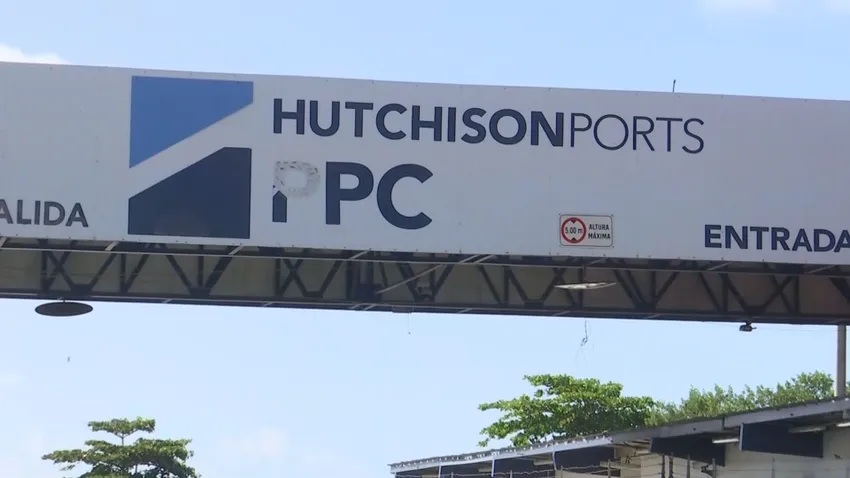When a trip to the airport leads to shark filled legal waters


From the Sidelines
There is a perception among many expats that there are two price structures in Panama, local and “Gringo” with Gringo loosely defined as anyone born outside of Latin America.
On the other hand Gringos, who have reached the golden age, and have better padded wallets than many Panamanians, benefit from the jubilado discount in restaurants, hotels, movies and more.
But there is something more than perception when it comes to the law. Many are the reports of the scales of justice being apparently out of kilter when a decision has to be made involving a Panamanian and a foreigner , from traffic accidents to property rights. Sometimes it that leads to a shrug of the shoulders and the handing over of a few dollars to the other party, especially a bus or taxi driver or even a policeman. . In other cases large sums are involved, and there is the danger of being trapped in a circle of corruption and circumlocution that drains the spirit and the pocket.
At a time when Panama is seeking to attract investors to a booming economy, this is not good news.
One case involves a local entrepreneur who has lived in the country for over 18 years, runs a successful business that attracts money to the country, is married to a Panamanian and has two children attending school here He loves Panama but has become keenly aware of the dangers of getting caught up in the legal grinder.
After nearly four years a case involving a traffic accident is still before the courts .The story begins on a foggy and rainy morning in January 2007 when he was involved in a traffic accident on the way to Tocumen airport.
The other party was injured and left in an ambulance and later produced a 30 days incapacity notice from a doctor.
From there the Gringo’s woes grew exponentially
“My insurance company notified me that there was a court date for the accident and a separate civil case for $500,000 in damages. The accident case was sent to penal court for review. The case was returned to traffic court as the law requires the incapacity to exceed 30 days to be considered penal.
He was approached by the the victim’s attorney whose sister bore a child of the judge in whose court the case would be heard . The judge was replaced with a substitute on loan. “I was reminded thed original judge had complete control of the court but I refused tod eal with officials through improper means.”
The judge decided it was a penal case as the injured party’s private doctor said there could be evidence of permanent damage like post traumatic stress anxiety and headaches.
“ The victim missed all court appointed meetings with a court appointed forensic doctor but remained in her banking job. At a hearing, she mentioned she borrowed $9,000 from the bank to pay for her attorney and medical witnesses.”
Then followed a pattern of confusion, with the court sending appearance notices to the wrong address.
While the defendant was out of the country, a preliminary hearing took place without him or his attorney. The attorney’s request for a changed date was refused and the judge issued an order that he could not leave the country and had to report to the court every 30 days .
“During my monthly sign in the court secretary told me on numerous occasions that the only way to fix my case was to make payment to the other side’s attorney.”
In the meantime his attorney made appeal motions that the case was not penal as there was not over 30 days of incapacity and that proper notification of the pre-trial hearing was not made.
“When the final trial was held I had no chance on short notice to call witnesses My attorney said the proceedings were irregular and the trial would be overturned on appeal, and to plead guilty to reduce the sentence the judge would give anyway. Immediately afterwards, the opposing attorney asked for $250,000 to drop the case.
“ I now await a ruling and possible sentence of 6 months to 2 years prison” which will not be issued while the case is being appealed.
A visit by the former American ambassador to a senior official in the Ministry of Justice produced sympathetic tut tuts, but no action.
“My story is one that is being repeated more and more as American businessmen become targets through penal cases for monetary gains. This has led some noteworthy individuals to leave Panama altogether.”
The moral is “Keep out of the courts.” {jathumbnail off}





